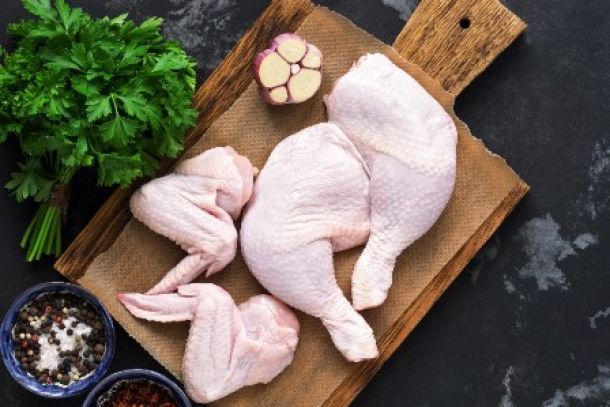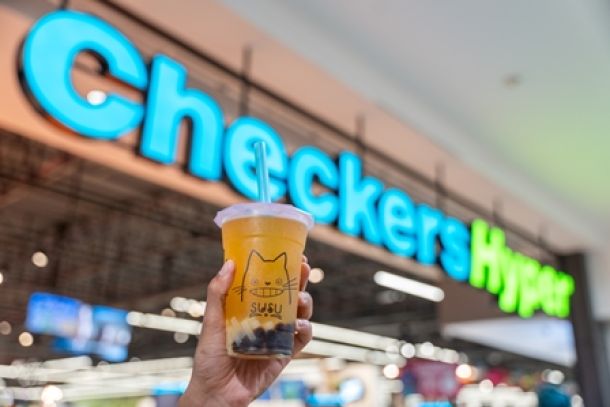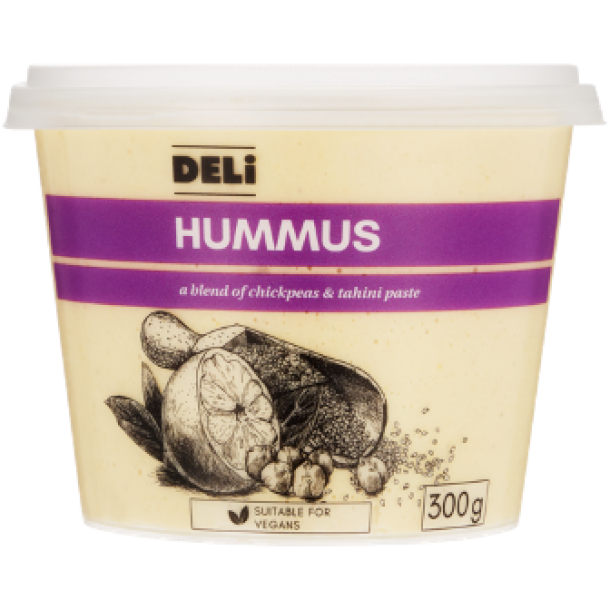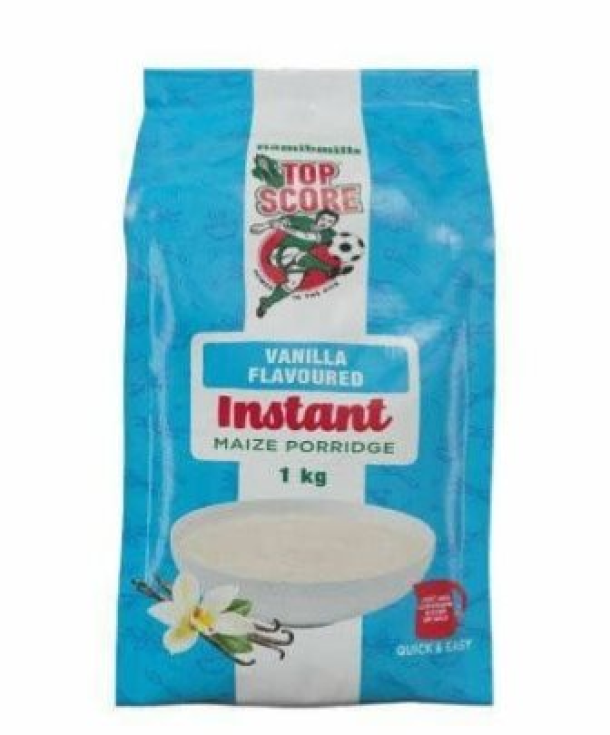Drought sucks sweet honey market dry, as shortage causes SA to import
Agricultural economists say unfavourable weather, such as the drought that has gripped the Western Cape, has caused a huge dent in the production of honey, leading to the importation of more than 1000 tons to bridge the shortfall on South Africa’s annual consumption of 3 000 tons.
FNB senior agricultural economist Paul Makumbe said current estimates pointed to a further decline in the country's production.
He added that the prevailing weather meant that the country should expect further shortages in the immediate to long term.
“At least 1 000 tons is normally imported. At 3 000 tons, local consumption far outstrips supply and the deficit is met by imports mainly from Argentina, China and Australia,” Makumbe said this week.
“However, there are concerns over the quality of some of the imported products.” Honey is a sweet food substance produced by bees. It is collected from wild bee colonies or domesticated bees in hives and stored in honeycombs. The substance is mostly used for cooking, baking and as a sweetener in beverages.
At the moment, China, Turkey and the US are the biggest harvesters of honey, accounting for more than half the total world production. Makumbe said wholesale prices of honey had surged to R65 from an average of between R40 to R45 per kg in previous years. Adverse conditions have particularly contributed to the reduction in bees' activity and led to the need for more imports.
“A combination of factors, highlighted by recent droughts, has led to a decreased availability of honey, which translates to increased prices and a local producer market that is fast facing international competition,” Makumbe said, adding that production areas in places such as KwaZulu-Natal were not as badly affected. Some parts of the country have also been recovering from the drought.
He said even commercial producers faced some challenges in operating in this sector, with vandalism and theft ranking high, and disease and competition from cheap imports.
Makumbe said the situation would improve only once the drought had abated. “A hive can easily cost R1 000, with spinner prices ranging from R30 000 to R40 000. This, combined with a lack of swarms to purchase, which can easily be priced at about R1 500 per swarm, is a huge barrier to entry into this market,” he said.
News Category
- International retailers
- On the move
- Awards and achievements
- Legislation
- Wine and liquor
- Africa
- Going green
- Supplier news
- Research tools
- Retailer trading results
- Supply chain
- Innovation and technology
- Economic factors
- Crime and security
- Store Openings
- Marketing and Promotions
- Social Responsibility
- Brand Press Office
Related Articles

Eskort is celebrating 107 years

UK poultry industry as exports to South Africa ...

Playful bubble tea shops launch in selected Che...

Consumer Commission launches investigation into...


